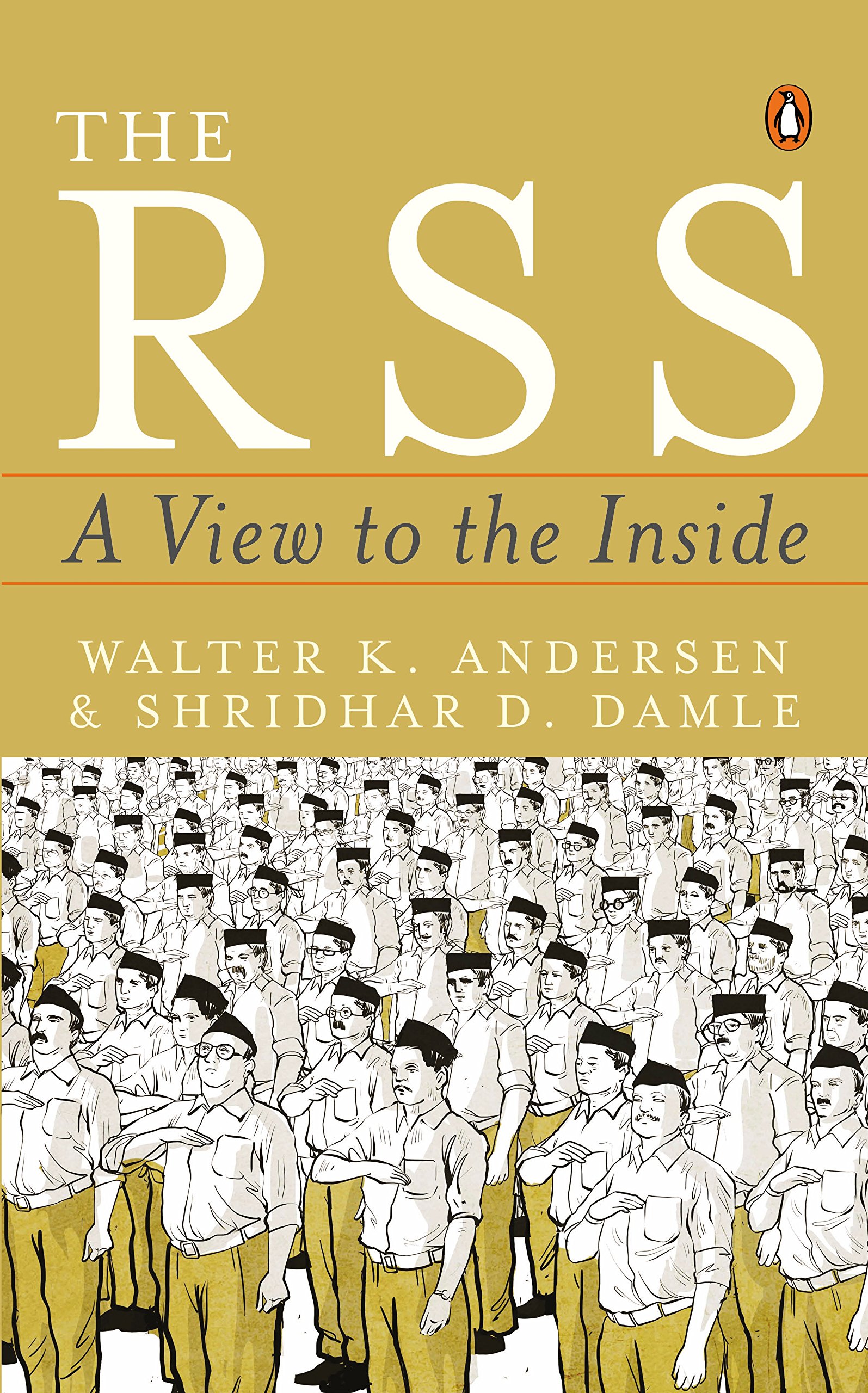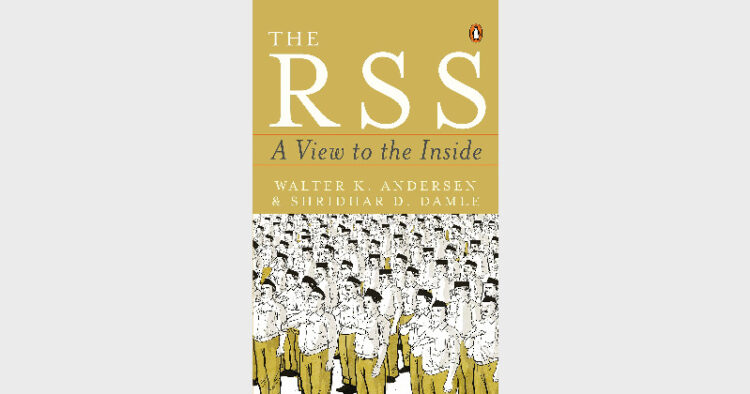
– Lakshmi Bayi?
The RSS has a sociological presence in India for a very long time. The democratic and economic future of India was not assured at the time of Independence. The decisive result of the IInd World War had given an aura of progress to the Allies led regions of the Western World.
The nascent RSS was to grow on to become one of the most crucial factors in 21st century Indian politics. It is to the prescient credit of Shri Andersen and Shri Damle that they worked on recording the evolution of the RSS, when even India, let alone the RSS, was not a flavour for more than half a century.
The authors have painstakingly documented the organization from its inception to its major role in the present scenario. The effect of the division of this country into a Hindu majority nation India and its Siamese Twin of a Muslim dominated Pakistan, the Congress’ pandering to the Muslim votes, the suspicions of the Hindus towards their Muslim countrymen, the painstaking building of the Shaakhaas ( grass root units of the RSS ), the growing mistrust of Indian Muslims to ( generally ) laid back Hindus morphing into Hindutva members etc are beautifully delineated.
Andersen and Damle have also captured the nuances in the RSS, in a way that is elusive even to most Indians. The socio-political conflict within the RSS, their policy of seeking anonymity versus the drastic need for an articulate spokesperson etc are highlighted. The uneasy marriage of convenience between the Hindu-centric VHP (Vishwa Hindu Parishad ) and the more inclusive RSS is brought about with a need to clarify rather than criticize.
Issues such as the banning of beef and the construction of a Shri Rama temple in the disputed site of Ayodhya as well as the varying reactions of the RSS and organizations friendly to it are very well brought out.
Hinduism, the religion of a large majority of Indians, has Three Hundred and Thirty Million Divinities, all revered. It is onky natural that the problems, solutions and political choices are equally prolific.
History is the dynamic record of events. With the unbiased, yet sympathetic eyes of keen observers, this book on the RSS throws a sharp and welcome light on an important segment of the social and political complexities of this sometimes fraught Democracy.













Comments